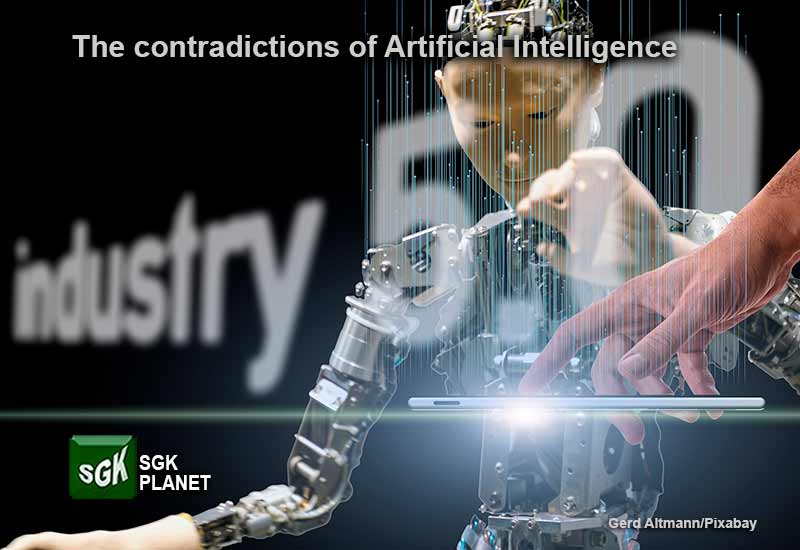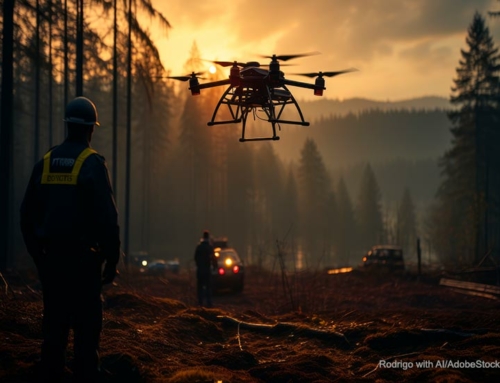The instantaneous speed of cybernetic “thought” is not comparable to anything or anyone. We have read that robots win almost every trial they participate in. That there is practically no chess match that a machine loses. That with AI you can write a novel in minutes. That it is relatively easy with AI to copy books, manuals, novels, poems, degree projects, convert novels into movie scripts, etc. It is even now possible to copy the appearance and voice of a person without his own mother being able to distinguish which of the two is her son.
But the issue that I want to address today is that robots could soon perform any activity that humans do, and in a theoretical scenario they could put us all out of work. Right now there is a serious conflict of screenwriters and writers in Hollywood, on strike for wages and fear of Artificial Intelligence. It is impossible for human beings to compete with the speed of these marvels unless a chip is implanted in each of our brains. But it is not possible for robots to monopolize all tasks either. I deal with this in this article.
Could a librarian serve a request from an affiliate at the speed of Google? While locating a single book, the wonderful and useful search engine will have served millions of answers to the requirements of its users in times close to instantaneous, and simultaneously in almost all the countries of the globe. The search engine, “which knows everything”, has removed from the market the most famous, voluminous and complete dictionaries and encyclopedias that had been used for decades and even centuries, leaving them out of competition. I have not thrown away my beautiful Encyclopedia Britannica of 1995, with 30 volumes (nobody wants it for free), because it serves as a decoration for my library. As a curious note, the word “internet” still does not appear on its pages.
Undoubtedly, AI will prevail since it will not be easy to legislate to stop it. History shows that the advancement of technologies is unstoppable. Notable case is the irruption of the railroad in the United States. Landowners and others claimed that the train would be impossible to implement, because tens of thousands of miles of rail had to be planted on millions of privately owned land. This was like profaning the most sacred of the capitalist essence. However, the train prevailed, and since then it has traveled the entire geography of the country.
What are the contradictions of AI? Well, in a theoretical scenario, if AI displaced all the workers, farmers, employees and professionals in the world, the question arises: who would be the consumers? Who would sell the millions of goods and services spit out by ultra-fast, ultra-automated factories, farms, hotels, restaurants, pharmacies, and affiliations to Netflix-like movie servers, if we were all unemployed?
The game would be locked, both for producers and consumers. In one of my climate fiction novels, which I wrote ten years ago, the aforementioned has happened to one of the kingdoms. Nobody works. They all remain lying in small dens. Every month the kingdom transfers money to them so that they can consume and pay their taxes to avoid the collapse of the system. Will we come to this? Will the doors be opened to negotiations? Will the contradictions of Artificial Intelligence be resolved?
Answers are accepted.
Sandor Alejandro Gerendas-Kiss
Editor de SGK-PLANET
Email: sagerendask@gmail.com







Leave A Comment